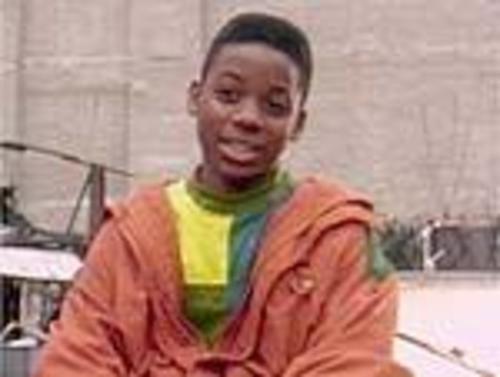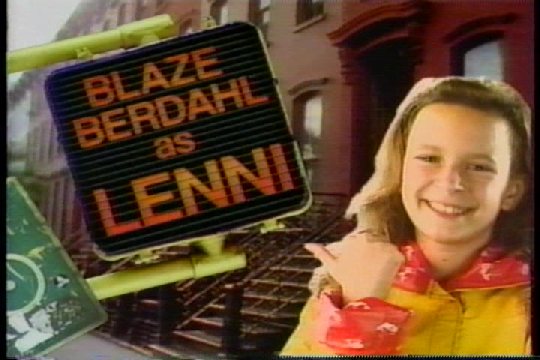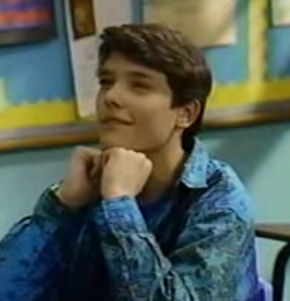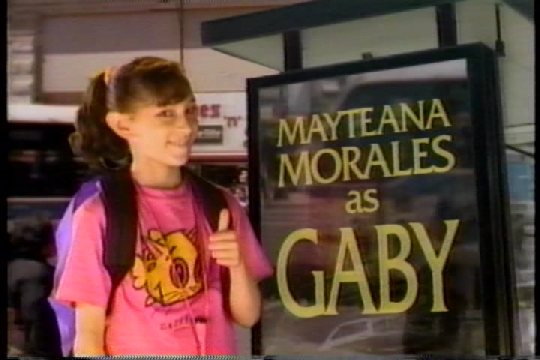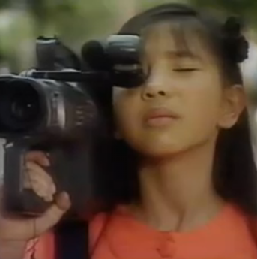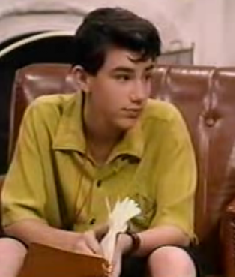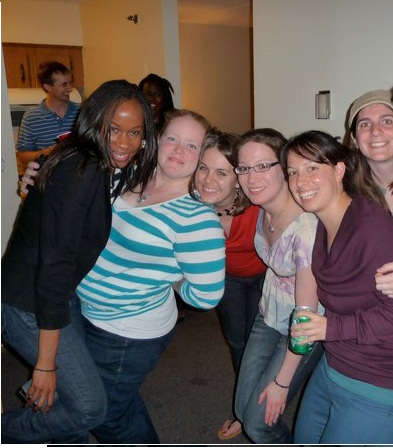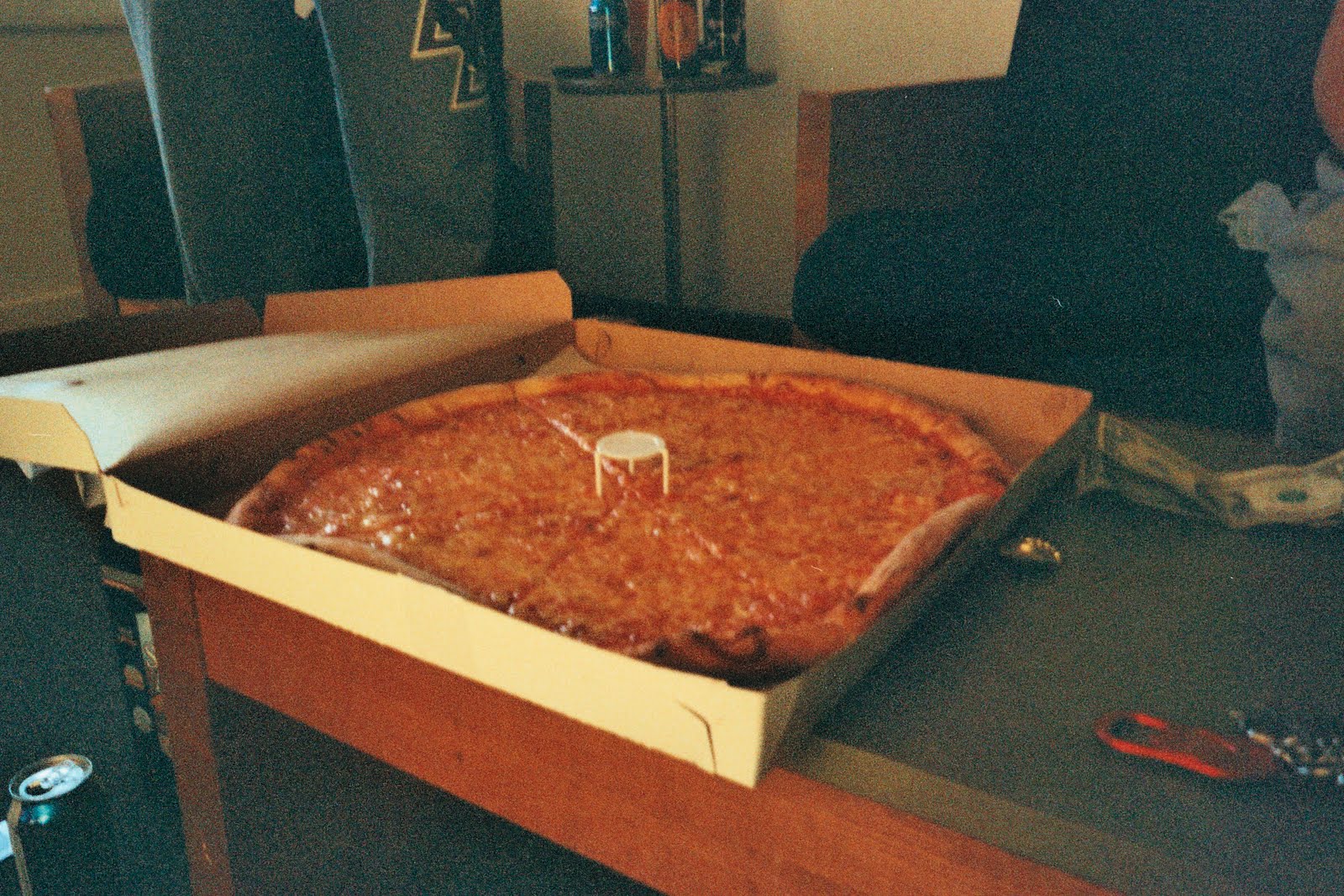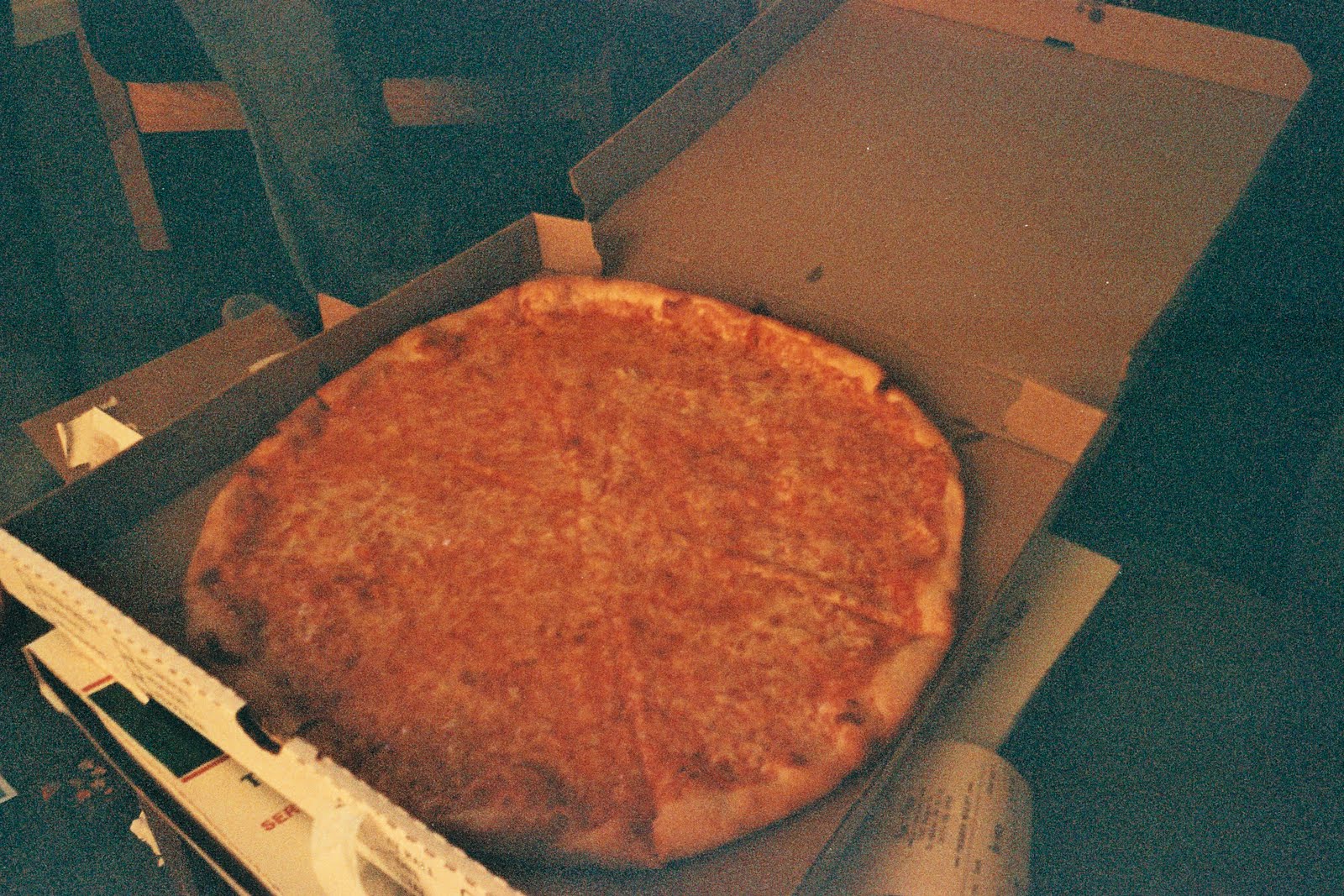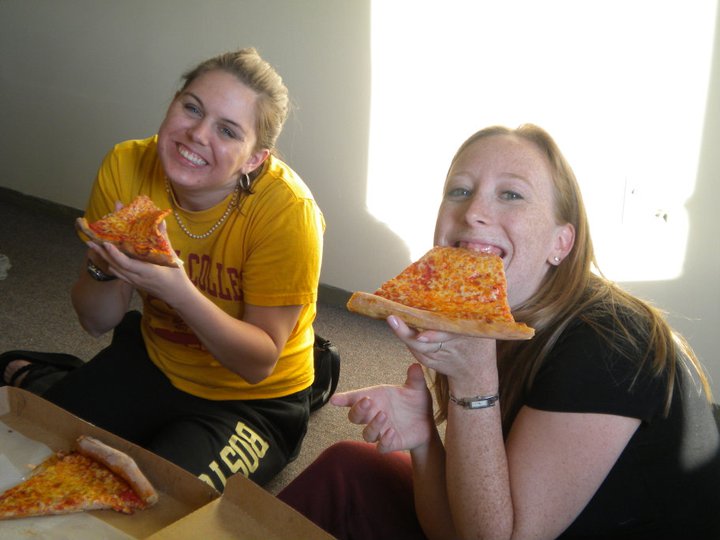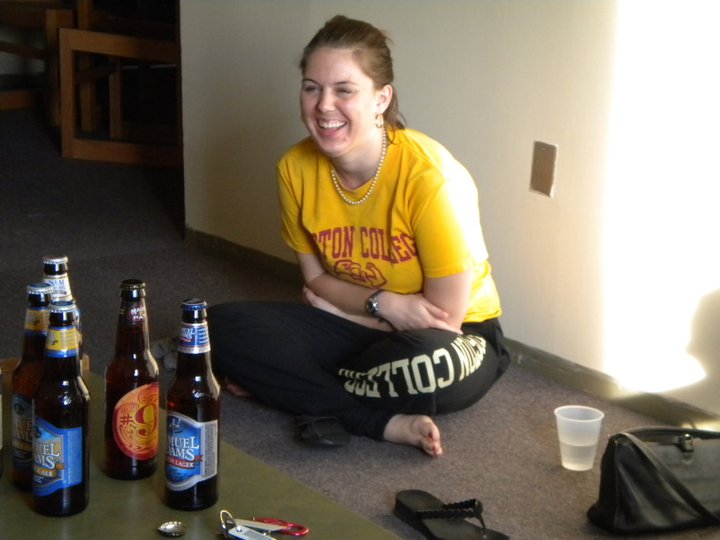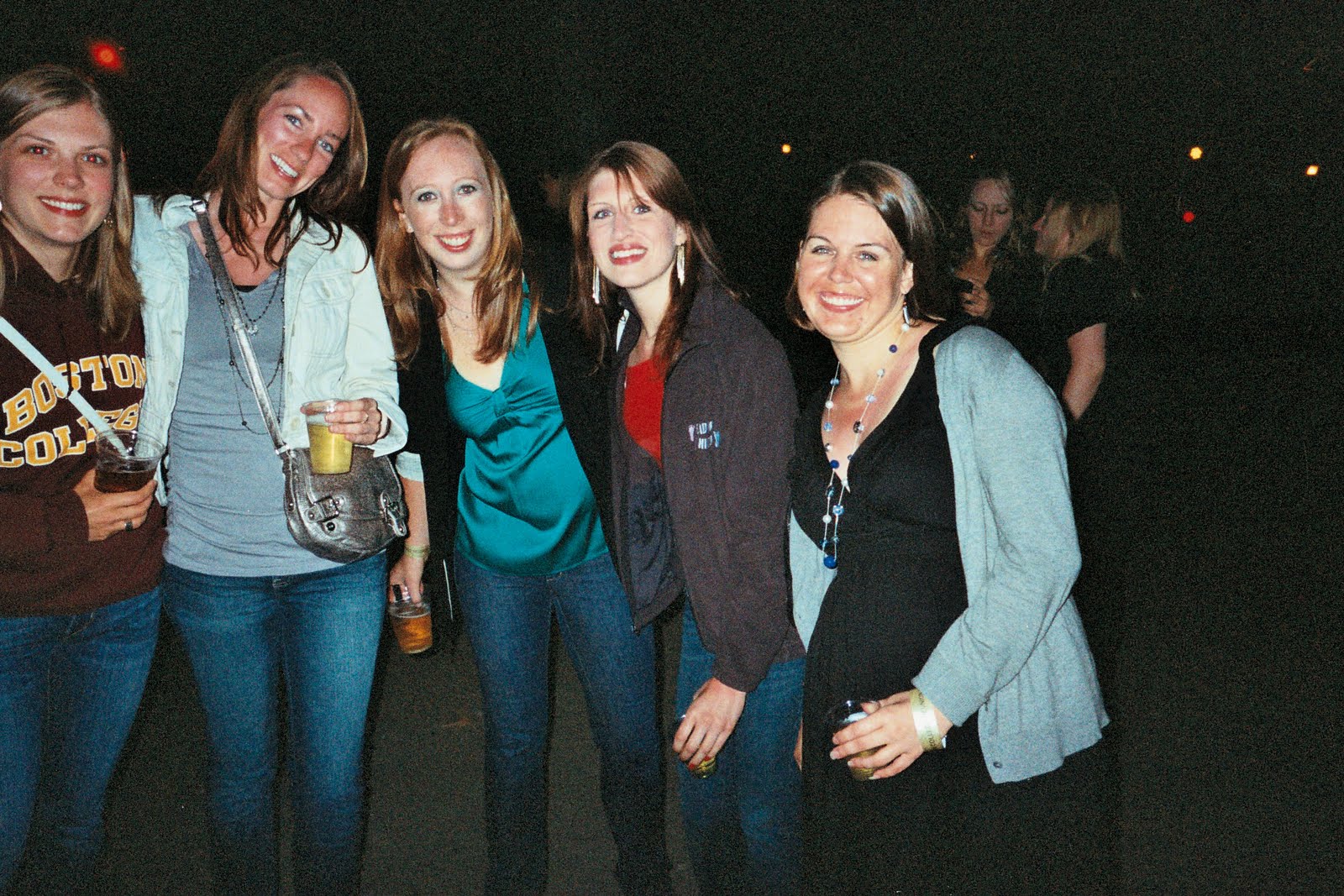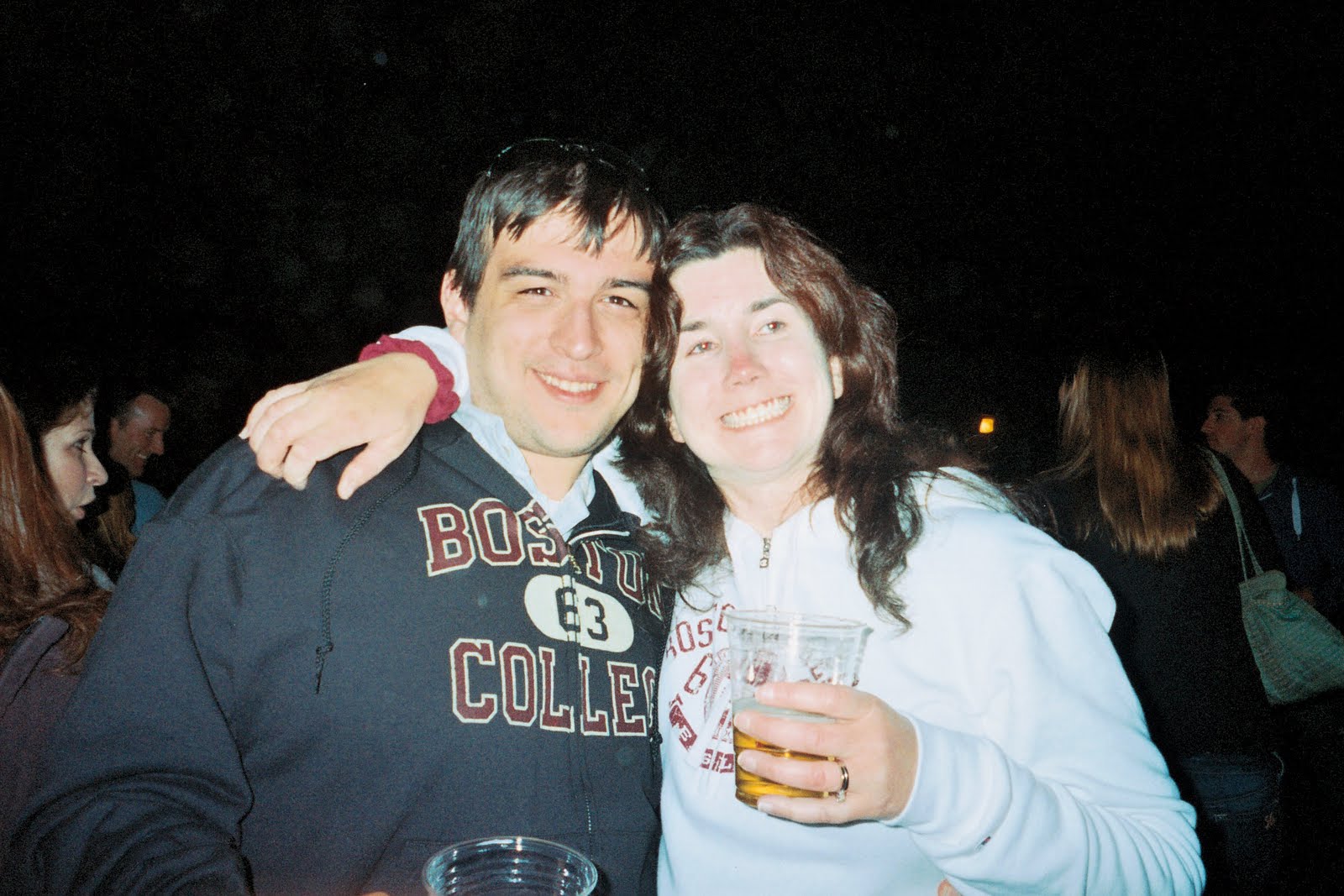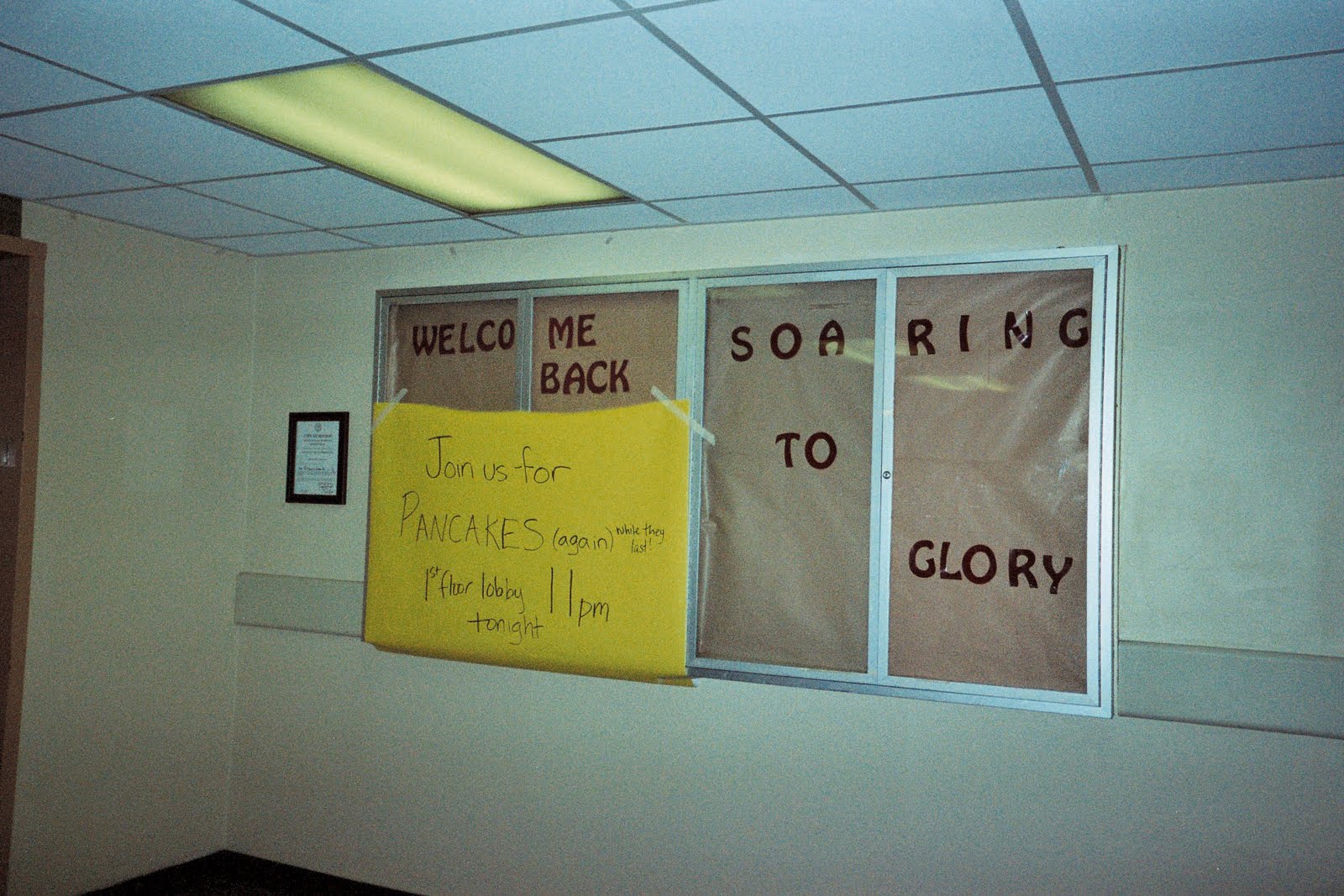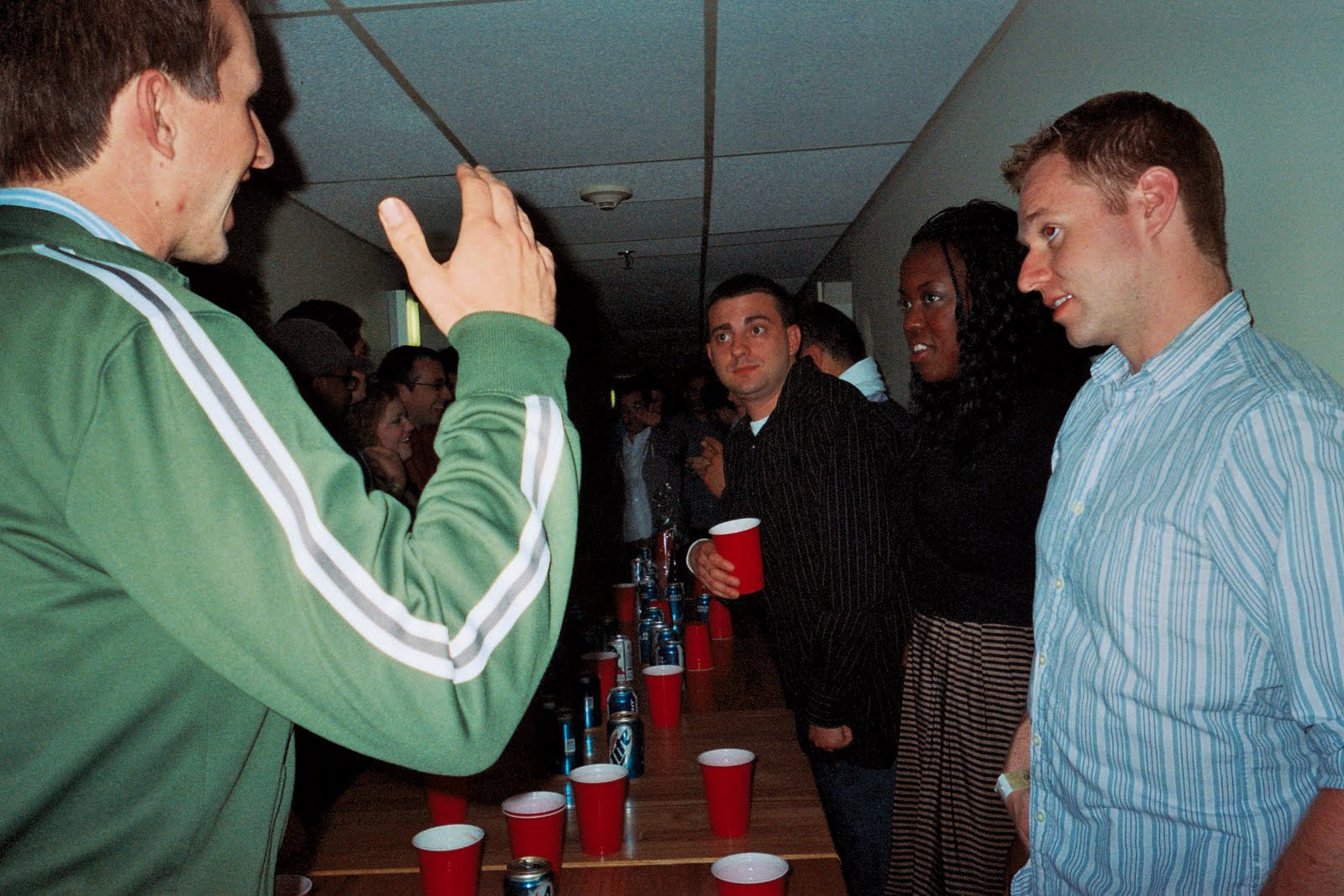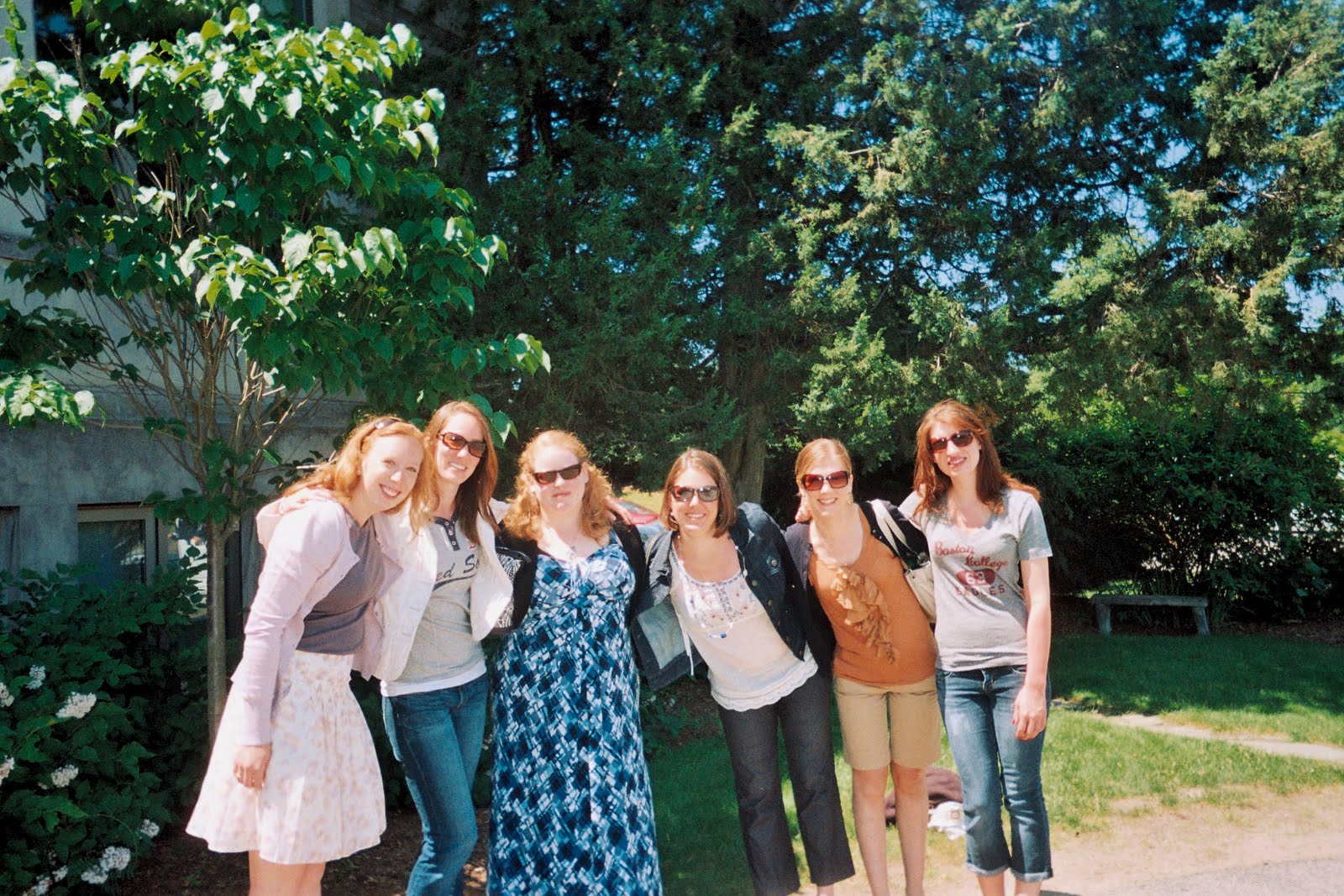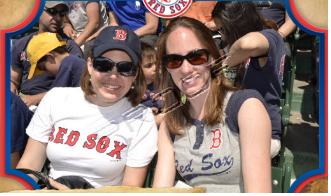Over the summer, when some friends were over at my house for my birthday, we somehow ended up talking about the old PBS shows that you all know I love. When we talked about Ghostwriter, someone mentioned the music video the kids made to a song called “You Gotta Believe.” I said I was pretty sure it was on YouTube somewhere, broke out my computer, and sure enough, there it was.
[youtube http://www.youtube.com/watch?v=wODIc8ohbg4]
A friend had gotten me an Amazon gift card for my birthday, so that incident inspired me to spend it on Season 1 of Ghostwriter on DVD! I just recently got around to watching it, and I have to say, it holds up REALLY well.
So, here’s where I describe the show for those of you who were not fortunate to discover this gem of public television when you were in elementary school. Ghostwriter was a live-action show set (and filmed on location) in the Fort Greene neighborhood of Brooklyn. It was about a group of pre-teen kids who were the only ones who could see a ghost they called “Ghostwriter.” Ghostwriter only appeared as swirls of color, and he communicated by rearranging letters to form words. The kids could only communicate with him by writing to him. They called themselves “The Ghostwriter Team” and, since Ghostwriter could read things that they didn’t have access to, they solved mysteries with his help. They wore black pens on string around their necks, and when they needed to get the whole team together, they called a “rally,” where they wrote “Rally” and their first initial so that Ghostwriter would carry the message to everyone.
Jamal was the first team member to see Ghostwriter. Only the audience knows this, but Ghostwriter actually came out of a book in Jamal’s basement that he and his dad knocked over when looking for a trunk for Jamal’s sister to take to college with her. Jamal was slightly full of himself but was also usually the leader and the peacemaker of the group. He lived in an old house with his parents and his awesome grandmother, Grandma CeCe, a perpetually cheerful letter carrier.
Lenni wrote songs (including “You Gotta Believe”) and raps that sound like, well, a twelve-year-old wrote them. Her widowed father was a jazz musician, and they lived in a loft apartment with a big electric keyboard. Although she wore the world’s weirdest clothes, even by early 90s standards, she was the one I wanted to be my best friend.
Alex and Gaby were siblings who lived below Lenni, behind their Salvadoran family’s bodega. They shared a bedroom and were constantly bickering, but could also be very sweet to each other. Alex loved to read mysteries, had female penpals all around the world, and tended to think in grandiose terms (like, when Jamal first suggested forming the Ghostwriter team, he wanted them to have secret video cameras in their boots). The aptly named Gaby never shut up and always wanted to be the center of attention, but she was also really observant and often picked up on things that other missed.
Tina was an aspiring filmmaker constantly found with a Camcorder. Her parents were from Vietnam and owned a tailor shop, and when Alex met her, it was love at first sight. The two of them eventually began the adorable kind of relationship that tends to happen with middle schoolers.
Rob. *sigh* Oh, Rob. Rob was my first crush, EVER. And I have to say, my eight-year-old self had good taste. He had that cute, floppy, 90s hair, and he was a very shy writer. His dad, whom he often clashed with, had just gotten out of the air force and he’d spent most of his life moving around, which made him reluctant to trust new friends. He also made REALLY bad decisions sometimes, like looking for someone in an abandoned subway tunnel or going to a hotel room alone to confront the villain. But he was awesome– when he first joined the team, everyone told him he could ask Ghostwriter anything he was wondering about, so he asked, “Is Elvis dead?” Nothing ever came of this, but I always thought that Lenni kind of had a thing for him, too.
In the second season, they introduced a couple of new team members—Hector, a kid whom Alex tutored (and who grew up to be a Real World cast member!), and Casey, Jamal’s younger cousin. That season also included the aforementioned music video, Ghostwriter traveling through time, pre-10 Things I Hate about You Julia Stiles, and, sadly, the departure of Rob, who moved to Australia. I can’t wait until that and Season 3 come out on DVD.
It aired on Sunday nights, and the format was pretty cool—before showing the new half-hour episode, they’d show the episode from the week before, so that you could either refresh yourself or see what you missed last week. Four or five episodes made up a case, and before the new episode aired, a narrator would recap the clues and facts from the previous episode. I used to write down all the clues in a casebook that I’d made and try to solve the mystery myself. Some of the mysteries were the kind of thing you’d expect middle schoolers to get involved in—a group of video gamers stealing kids’ backpacks to use their quarters to practice at the arcade, someone putting up smear fliers to sabotage Alex’s campaign for school president—but some were actually pretty intense, like Jamal being falsely accused of setting a store on fire or barrels of a hazardous chemical being buried in the community garden and making everyone sick.
The thing that really strikes me upon re-watching it is that, despite the acting not exactly being Oscar-caliber, this was a very intelligently written show for kids. Its purpose was to help kids with their writing skills, but it accomplished that in such a subtle way that I only realize now what I learned from it. They snuck in a lot of lessons about writing concisely, capturing the way a person speaks, writing persuasively, and how to get your point across. Rob says at one point that the good thing about writing is that, unlike talking, you can work on it until you get it right, and that’s a line that I really took to heart.
It also touched on some surprisingly serious issues, like gang violence, drugs, and alcoholism, which kind of shocked my sheltered suburban self when I was a kid. In my favorite series of episodes, a homeless poet Rob is friends with disappears, and they eventually discover that he is a Vietnam vet and took off on his own. They don’t actually say “PTSD,” but that’s obviously what he had, and those episodes make much more sense to me as an adult. They often introduce some character subplots that didn’t have to do with the case, too, like Tina’s older brother rebelling against their Vietnamese parents and Lenni being uncomfortable with her father dating again.
The team hoped that one day they would solve the ultimate mystery: who Ghostwriter really was. Sadly, the show was canceled due to lack of funding before that could happen, but a little Internet digging turned up what the answer to that question would have been!
Other random thoughts on these episodes:
- These kids are so early 90s cool, yo. They wear their orange baseball caps backwards and write their own rap songs.
- The role was recast after the first two cases, but for those, you know who played Jamal’s dad? FREAKING SAMUEL L. JACKSON!
- Wow, the police on this show suck. On the episode where Jamal is accused of burning the store, the cops just let everybody waltz in and mess up their crime scene and Lenni picks a key piece of evidence right up off the floor. Also, in the episode with the poisonous barrels, how on Earth was the team able to figure out who dumped them before the cops were?
- Alex and Tina had the cutest first kiss EVER. They were hiding in a truck when a criminal they were chasing spotted them, and Alex said, “Well, whatever happens, at least we’re together,” before giving her a quick peck on the lips.
- Sometimes I have a hard time remembering life before the Internet. This show reminds me about things like card catalogs and encyclopedias.
- I don’t know if I’ve ever mentioned this, but I have a freakishly good memory. I remember the weirdest details of things that happened years ago. And frankly, I am amazed at how well I remembered this show. The only thing that’s different is that the kids now look so YOUNG to me! These kids really were about the age of the characters they played.
You know what? If you’ve never seen this show, I think you need to remedy that. GHOSTWRITER PARTY AT MY HOUSE!
